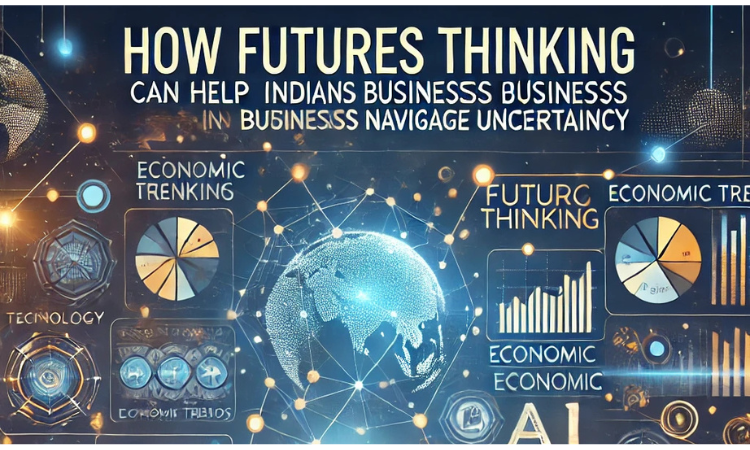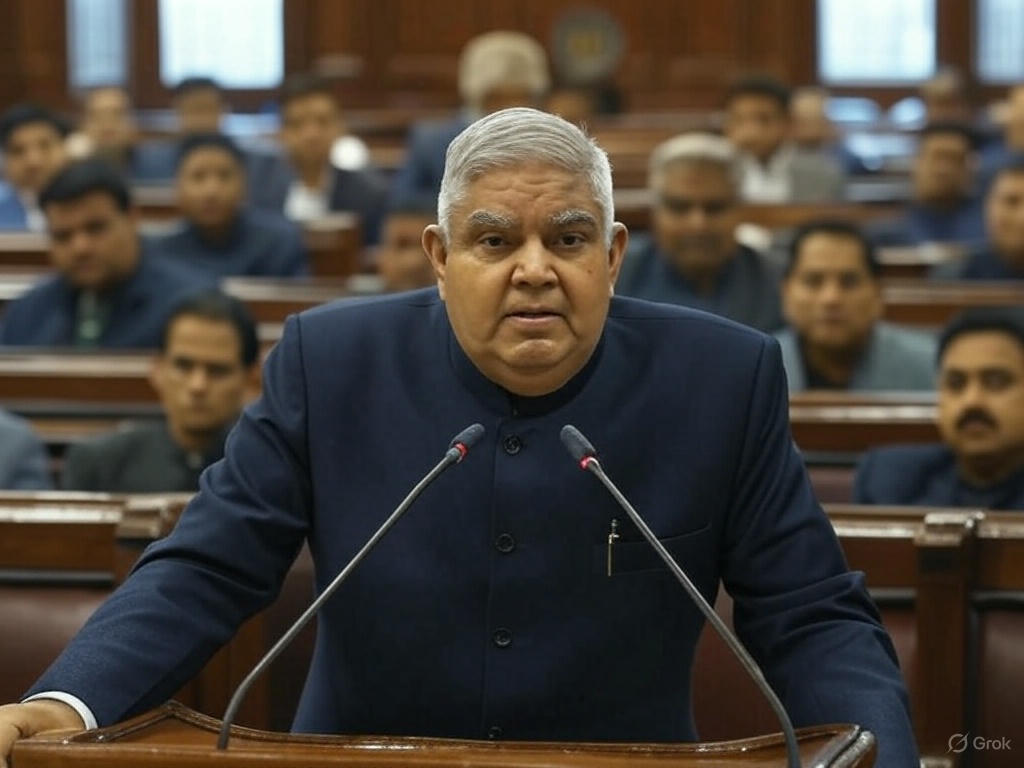In an era of rapid global disruptions, traditional strategic planning is no longer sufficient for businesses. From the COVID-19 pandemic and geopolitical tensions to AI advancements and supply chain fragility, companies must rethink how they prepare for the future. The pace of change has outstripped traditional business models, necessitating proactive strategies.
The Need for Futures Thinking
India’s push for digitization and self-reliance in critical industries, such as semiconductors and clean energy, highlights the urgency of anticipating future risks. Businesses heavily dependent on foreign supply chains are vulnerable to disruptions. To mitigate these risks, adopting a Futures Thinking approach is crucial.
Key Strategies for Businesses
- Broader Trend Analysis – Businesses must account for social and environmental trends alongside economic and political factors.
- Interconnected Thinking – Recognizing the interplay between economic policies, consumer behaviour, and global disruptions can lead to better decision-making.
- Indirect Impact Consideration – Instead of just focusing on direct consequences, organizations should analyse ripple effects such as climate change’s impact on supply chains.
- Addressing Root Causes – Rather than reacting to disruptions, businesses should invest in long-term resilience. For example, instead of securing multiple suppliers, investing in sustainable raw material production ensures long-term stability.
The Way Forward
For Indian businesses, embracing Futures Thinking means shifting from reactive planning to proactive resilience. Whether securing energy resources, stabilizing supply chains, or addressing climate-related risks, leaders who anticipate and adapt will drive long-term success. The ability to integrate foresight and adaptability will determine the competitiveness of businesses in the coming years.





